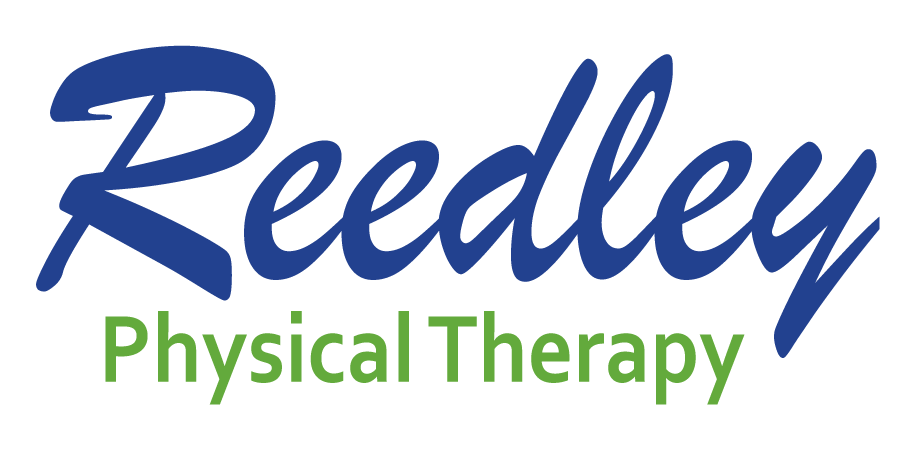Movement is Medicine: When is a Cortisone Shot the Right Decision?
From the opioid epidemic to the constant barrage of TV commercials for ‘pain relieving’ medication, it is safe to say that our society is one that places an over emphasis on masking symptoms, and under values treating the root cause of pain. The desire that anyone has for a quick fix – or instant relief – is completely understandable. What is harder to understand is when our health care providers fall into the same trap; the trap of opting for the quick fix instead of treating the root cause of symptoms. Of course, this doesn’t mean that every doctor that prescribes you Norco is doing something wrong, but it does mean that we need to be educated consumers of our own health care and better understand how best to treat our pain.
The Journal for American Medical Association, one of the most premiere medical journals here in the United States, recently published an article that sheds some interesting light on this issue. The article was about a study done to assess the efficacy of cortisone – or corticosteroid – injections for patients with arthritic knee pain. This is a ‘treatment’ that many of our patients at Alliance Health are all too familiar with. In fact, nearly every patient I have seen over the last 10 years with complaints of arthritic knee pain has either been given, or offered, a cortisone injection to address complaints of pain.
So what did the research have to say about this? The results they found, statistically speaking, were that a cortisone injection was no more effective than a saline placebo injection (a sham treatment), in the subjects studied. In reporting their results, the authors concluded that: “Among patients with symptomatic knee OA, two years of intra-articular [cortisone injections], compared with intra-articular saline, resulted in significantly greater cartilage volume loss and no significant difference in knee pain. These findings do not support [steroid shots] for patients with symptomatic OA.”
Aside from the general result, that last part of the quote is something the pay close attention to.
It could be argued that, well, the shots may not work for everyone, and they may not provide any lasting relief, but it’s worth the try, right?
I feel, the answer may be no, it may not be ‘worth the try,’ because there is real harm that can be had by masking symptoms instead of treating the impairment. Aside from the basic risks associated with injections like infection, nerve damage, thinning of skin and soft tissue around the injection site and the weakening of tendons and bones; the masking of pain can cause further, lasting, structural damage to your joints.
If you can’t feel the signals your body is giving you that something is wrong and needs to be addressed, than that problem only gets worse, and that is exactly what the researchers made a point to mention.
So, what has research proven to be an effective treatment for knee pain caused by OA?
By now it should be no surprise – physical therapy. In multiple studies published in JAMA and elsewhere, it has been proven time and time again that physical therapy can provide results equal to surgical intervention in certain cases and better than basic palliative treatments like cortisone injections.
Does this mean a cortisone injection is never appropriate? Definitely not. Like so many things in medicine, it is about matching the right intervention to the right patient at the right time.
For example, if you are experiencing intense and debilitating knee pain to the point that it is limiting even the most basic activities of daily living, then a the risk versus reward scale may tip in favor of a cortisone injection so that you can even participate in a rehabilitation program.
On the other hand, if you experience mild to moderate knee pain, that doesn’t limit daily function or participation in a graded exercise program, perhaps you should think twice about the risks you are exposing yourself to versus the reward. Please remember that this information is not applicable to everyone, so if you have specific questions, or want to find out more about physical therapy, ask.
Learn more about movement, fitness and health in this space each week or by visiting www.alliancehealthfresno.com, or calling 478-5833. If you have any questions about this article, or want to find out more about scheduling a nutritional consultation, contact Dr. Chris Telesmanic, PT, DPT, OCS at chris@reedleyphysicaltherapy.com.


